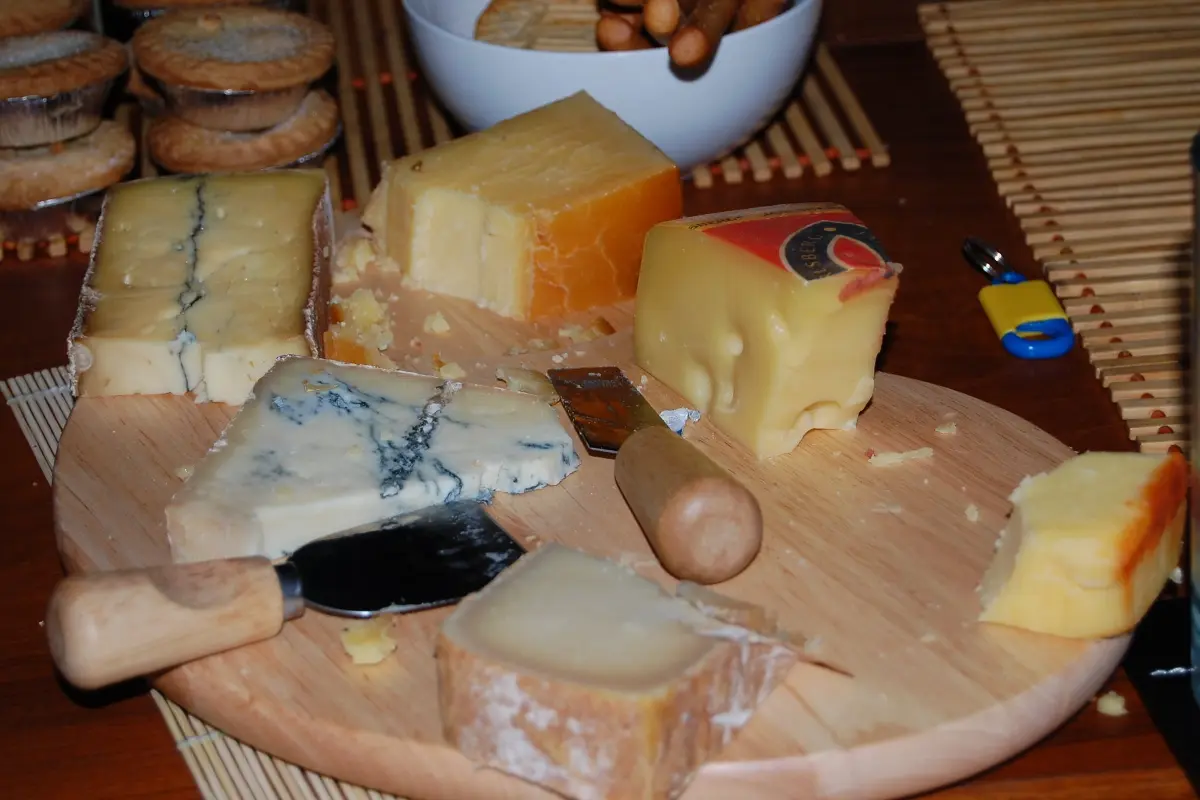
Do you want to access to this and other private contents?
Log in if you are a subscriber or click here to request service
Do the antibiotics in cheese affect the microbiome?
Interesting results of an American study regarding the development of bacteria on scabs

Mushrooms produce metabolites that humans have used to improve health. For example, they secrete penicillin, which is then purified and used as an antibiotic for humans, leading to the development of many other antibiotics. However, the ecology of fungal metabolites in microbial communities is still not well understood. In a new US study, researchers used cheese rinds to show that fungal antibiotics...
lml - 31441
EFA News - European Food Agency
EFA News - European Food Agency